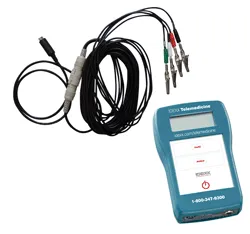Putting your pet under anesthesia can be a scary thought as a pet owner. Anesthetics used during your pet's procedure are extremely safe and a healthy pet has minimal risk during anesthesia. However, it is important to realize that all anesthetic procedures carry some degree of risk. With this in mind there are tests available to make the procedure as safe as possible. Our pets pose a greater anesthetic challenge than humans because of weight and breed variables. What is fine for a Labrador may not be fine for a Greyhound or a Chihuahua.
Prior to anesthesia, our doctors and staff will review your pet's medical history and perform a complete pre-surgical exam. At this exam the doctor will determine which pre-anesthetic testing is appropriate for your pet and discuss it with you. Tests available include:
- Chemistry/Profile - screens liver and kidney functions, glucose, and electolytes
- Complete Blood Count (CBC)- evaluates red and white blood cell, platelet count
- Prescreen - similar to a Profile (Usually appropriate for younger animals)
- Electrocardiogram (ECG) - evaluates electric flow and rhythms in the heart
Benefits of pre-anesthetic testing:
- Identify previously undiagnosed disease
- Establish normal baseline values for your pet
- Provide surgical peace of mind
- Evaluate pre- and post-surgical medications
- Evaluate which anesthetics are appropriate


A pre-anesthetic ECG is preformed at Lancaster Animal Clinic and transmitted to IDEXX Telemedicine. A board-certified veterinary cardiologist on staff at IDEXX evaluates the ECG to determine if our anesthesia plan is appropriate for your pet. Aided by the cardiologist, we can adjust the anesthetic plan as needed.

